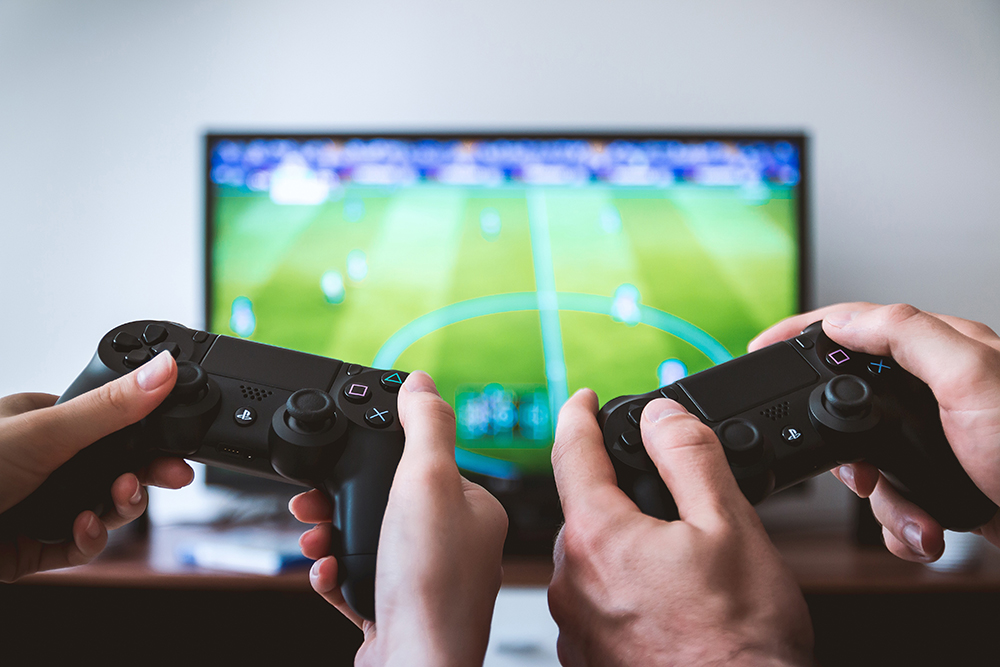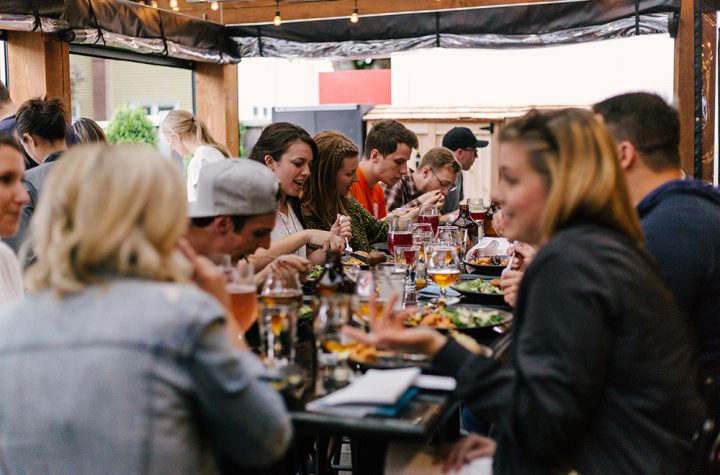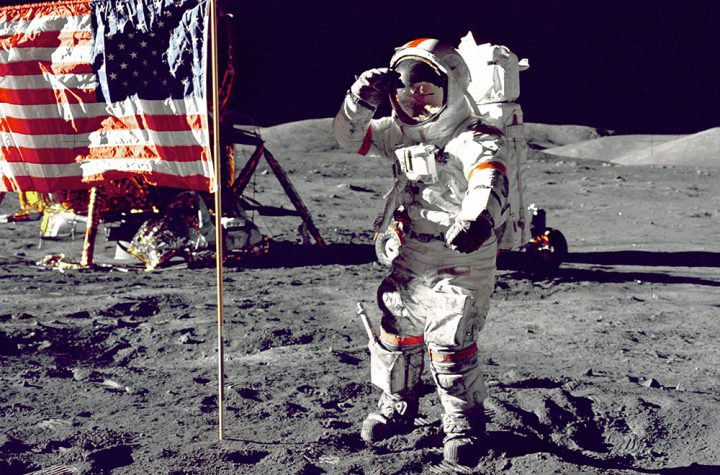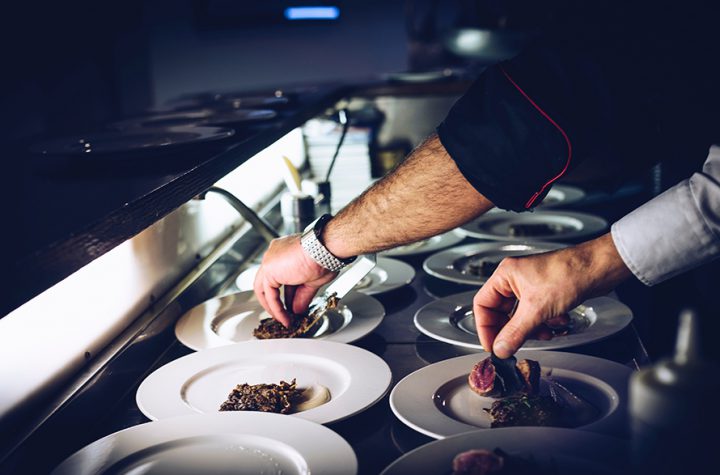
Victorian Premier Daniel Andrews has warned the number of coronavirus cases will continue to climb and lockdowns could be extended if people do not isolate after showing symptoms and getting tested.
While giving his latest update on the situation in Victoria, Mr Andrews also urged people to stay home if they feel sick and said there was a $1,500 financial support payment available.
Here are some of the other key points from the Premier’s update on Wednesday afternoon.
For the latest news on the coronavirus pandemic follow our live coverage.
People not isolating when they should be a major driver of new infections
Mr Andrews said 53 per cent of people waiting for a coronavirus test result had continued about their lives, going shopping and to work “even though they’ve got symptoms”.
“They feel sick, sick enough to get a test, and then, somehow, not willing to stay at home and wait on average a couple of days, and sometimes sooner to get the results of that test,” he said.
He said that kind of behaviour would lead to numbers continuing to increase, which would cause the current lockdown to be extended.
“A six-week shutdown will not be for six weeks. It will run for much longer than that,” he said.
Mr Andrews broke it down to what he called three “key points”.
- The first is when you feel sick
- The second is when you go for a test after feeling ill
- The third is when the test results come back
He said unless people get tested quickly and stay home while waiting for the results, case numbers will only go up.
“Unless we drive down the time between first illness, first sense of symptoms in other words, how quickly people then get tested unless we make that much faster than it is now, and people isolate in that intervening period, and unless we have people who get tested staying at home and isolating until they get their results, then we will not see these numbers come down,” Mr Andrews said.
Of the 3,810 people who tested positive to coronavirus in Victoria between July 7 and yesterday, 3,400 of them did not isolate when they first felt sick or after they got a test.
Read more about coronavirus:
“That means people have felt unwell and just gone about their business,” Mr Andrews said.
“They have gone out shopping, they have gone to work, they have been at the height of their infectivity.
“We can’t have any longer, nine out of 10 people taking too long between when they first feel sick and when they get tested.
“And we certainly cannot have one in two people who are waiting for a test result simply going about their business as if they didn’t have symptoms, as if they weren’t waiting for a test result, as if this wasn’t a global pandemic.”
The Premier acknowledged there were a variety of reasons why people had not been self-isolating when they should have.
Premier issues reminder of financial help available
Many people with symptoms or waiting on test results were not staying at home because they did not have sick leave.
Mr Andrews said if financial concerns were behind reasons to not isolate, people should ring 1800 675 398 and register for a $1,500 payment to help cover any unexpected days off.
Can I receive a $1,500 hardship payment?
The Victorian Government says there are “no questions asked” for workers self-quarantining, but the criteria to receive the coronavirus support payment are more complex than that.
Read more
About 1,200 people have already applied but at the moment the payment is only for confirmed cases and close contacts of confirmed cases who have been told to self-isolate.
So those waiting for test results would not be eligible.
“Hopefully, lots of people make that phone call and it may take a little while for the phone to be answered and for someone to process your claim, but make that call,” he said.
“If your bank balance is driving you to make bad decisions, then we will make sure that they are processed as fast as they can be so that people no longer have to make those sorts of choices.”
The $1,500 payment might be increased.
“I’ll have more to say about that at the appropriate time,” Mr Andrews said.
While Mr Andrews said there was “some further data analysis to do” it appeared aged care, meatworks, supply-chain businesses and freight and logistics businesses were at the core of the infections due to the large number of insecure workers in those industries.
If you’ve gone for a test, keep near your phone
The Victorian Government is considering knocking on the doors of those who don’t answer calls about their test results.(ABC News: Haidarr Jones)
About a third of people who have been called by testing teams have not been answering their phone, probably because the call is coming from a private number.
“So, if you’re getting that unidentified number, that may well be the Department of Health and Human Services. If you’ve got a result and you know you’re positive, we are trying to contact you. So, please answer the phone,” Mr Andrews said.
“We will continue to try and contact people but, sometimes, if people say they haven’t been contacted, it’s because they haven’t picked up their phone because they don’t recognise the number or because it’s a private number that’s coming up.”
The Government is looking at other ways to contact those who aren’t answering phones, including sending people to knock on their doors.
Stay up-to-date on the coronavirus outbreak
You could be refused entry to a supermarket without a mask
This is for the safety of staff and customers, and to keep stores open so there’s no interruption to supply.
“You may well be turned away if you turn up at your Coles or Woolies or IGA and you don’t have a mask on,” Mr Andrews said.
“It is not too much to ask people to wear a mask in order that they don’t find themselves in hospital or contribute to somebody else finishing up in hospital.
Mr Andrews said wearing a mask was not like a vaccine and sick people should not be going shopping, even with PPE.(ABC Gippsland: Kellie Lazzaro)
“And for the sake of people particularly in those indoor environments I think the supermarket is a fantastic example of exactly where the mask can have a very significant benefit.”
Mr Andrews said masks would help in the fight against coronavirus but sick people should not be outside, no matter how much protective gear they had.
“Masks will have an impact,” he said.
“But I want to be really clear wearing a mask is not like a vaccine.”
The second wave is different from the first
Victoria’s Chief Health Officer, Brett Sutton, said “the populations that are affected, the fact that we’re all rather fatigued, we’re all a bit new to the numbers” were different this time.
“If we had a number close to 500 in March or April, we would have been staying in our bedrooms and not leaving the house,” Professor Sutton said.
He warned the state was facing a greater challenge in the coming days and said there could be up to 600 new cases daily.
“I absolutely don’t want us to go there,” he said.
“We have to reinforce the things that we know will make a difference. And that is the very simple principles of isolation and quarantine.”
Most people are infectious in the first three days of the illness, when a runny nose or fever emerges.
“You’re probably not that infectious after seven days. So getting tested very early on and isolating right at the beginning is a really key action,” Professor Sutton said.
“And I think they’re things that are not being done so well through this wave as for our first wave.”
Victoria has no plans to bolster its contact tracing team
There are more than 2,000 people in the team and the Premier said the bottleneck was “not in outbound calls”.
“We could get through 1,000 cases if we had 1,000 cases today,” Mr Andrews said.
“You can throw people at it, and we’ve got people working on it, but the real challenge is not to have those outbreaks occur in the first place.
“The key element there is to isolate at the first sign or symptoms of coronavirus.”
What you need to know about coronavirus:




More Stories
US president-elect Joe Biden has listed four priorities for his forthcoming presidency. These include Covid-19, economic recovery, racial equity and climate change.
What are the restrictions within Victoria and the border closures with NSW and Queensland? How far can I travel, and how many people can I have over at my house? Untangle Australia’s Covid-19 laws and guidelines with our guide
Apple has suspended new business with supplier Pegatron after the Taiwan-based original equipment manufacturer misclassified student workers. Apple also said Pegatron broke its Code of Conduct for suppliers. In a statement provided to Bloomberg, Apple said, “…